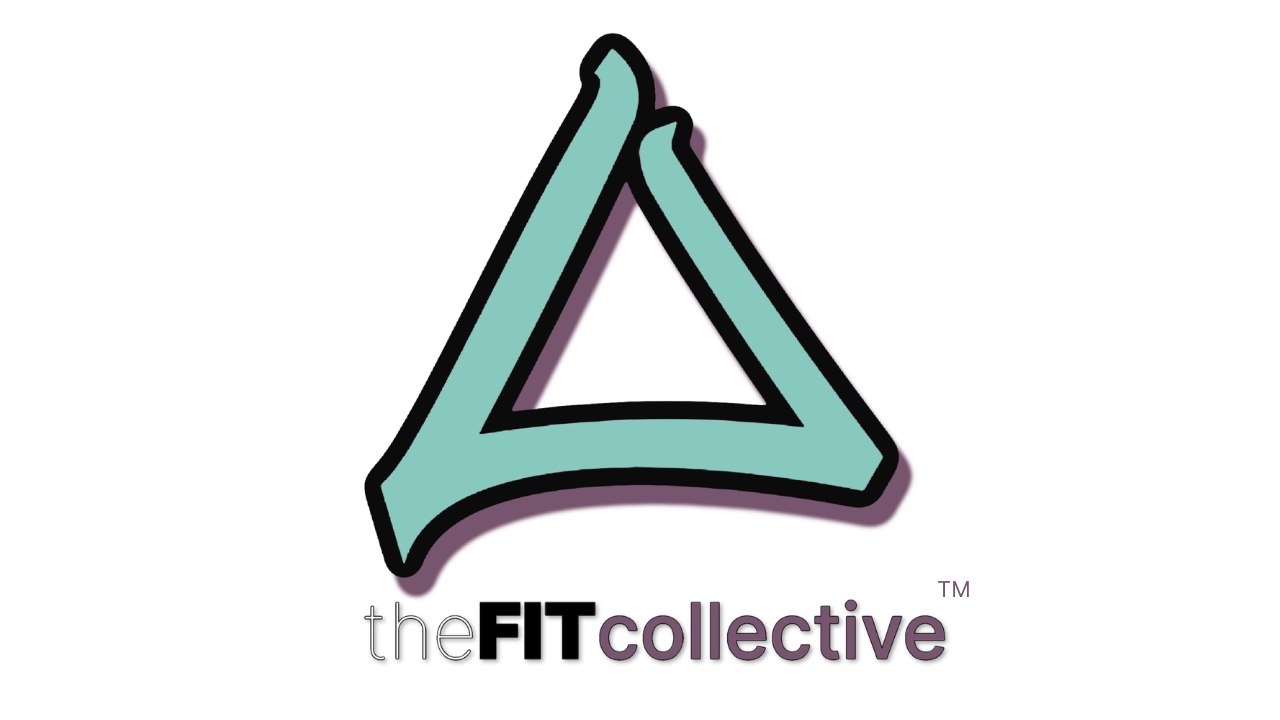121. Emotional Eating Part 1
At some point in your life, you have eaten emotionally. I think there’s a lot of stigma about emotional eating, but not all emotional eating is negative. Eating birthday cake, celebratory meals, and other happy occasion foods are usually positive! So let’s talk about what constitutes negative emotional eating and the behaviors that might lead you there.
The Behaviors That Lead to Emotional Eating
Reaction
Resisting
Distraction
Spiraling
Listen to Episode 121 Here
Or listen on your favorite podcast app: Apple Podcasts | Spotify | Android
Food for Thought: A New Perspective on Emotional Eating
There is a terrible stigma around emotional eating. But the reality is that we’ve all done it at some point in our lives. The real problem comes when we have difficulty controlling our emotional eating urges.
One of the actions that lead to emotional eating is not processing your emotions. Not processing our emotions can manifest in many different ways, but I really want you to understand the importance of learning to process your feelings.
I explore some of the reasons why we so often don’t process our emotions. But what it really comes down to is that whatever it is that distracts you from that emotion that does not feel good, that is going to be one of the ways that you will deal with the emotion. Often, that’s eating.
The Four Behaviors of Emotional Eating
There are four main behaviors that lead you to emotional eating. The reaction is feeling heavy emotions like anger, instead of processing your emotions. Resistance is where you actively resist the emotion, refusing to allow it space to process.
Distraction is usually where emotional eating falls. We distract ourselves from the emotions and feelings we don’t want to process. This can often look like emotional eating, but it could be other distracting or addictive behavior. The fourth behavior is spiraling which is when you choose an emotion that feels more comfortable to experience and stays with those emotions instead.
Finally, I talk about some of the genes that can contribute to emotional eating and your ability to eat only to satiety.
On a scale of 1-10, where are you on the spectrum of emotional eating? I’d encourage you to journal on this topic and see what you can uncover. Let me know in the comments below!
In This Episode
Why you need to decrease the stigma of emotional eating [2:00]
When emotional eating becomes a problem [3:00]
Why you don’t process emotion [7:35]
The actions that lead to emotional eating [9:30]
How spiraling leads to unprocessed emotions [13:00]
How your genes might impact your feelings of satiety [17:45]
Quotes
“Either you believe emotional eating doesn’t affect you or you believe that emotional eating really affects you and has a negative impact. The reality is there is all this room in between, this is a huge gray zone of opportunity to realize that we are all humans. At some point in our lives, we have faced emotional eating.” [1:42]
“Whatever it is that distracts us from that emotion that we feel that does not feel good, that is going to be one of the ways that we will deal with the emotion.” [11:09]
“Where emotional eating becomes a problem is when it’s going to negatively impact your relationship with yourself, particularly your food, your body, and also others.” [19:09]
Resources Mentioned
31 Days of FIT. Learn more HERE.
Muscle Maintenance During Fat Loss. Waitlist HERE.
Fit Woman Collective™. Learn more HERE.
Follow Dr. Ali Novitsky on TikTok | Facebook | Instagram | YouTube
Subscribe to The Muscles and Mindset Podcast on Apple Podcasts
Related Episodes
Episode 114: Emotional Eating, It's Not Your Fault
